The true story of the 6888th army battalion: the unsung heroes of WWII
During World War II, countless stories of bravery emerged, but few are as unique as that of the 6888th Central Postal Directory Battalion. This all-Black, all-female unit played a crucial role in keeping the morale of American troops intact by ensuring the timely delivery of mail. Despite facing numerous challenges, their determination and dedication made them an essential part of the war effort. The 6888th Battalion, often overlooked, deserves recognition for their invaluable contribution to history.
The Formation of the 6888th: Breaking New Ground
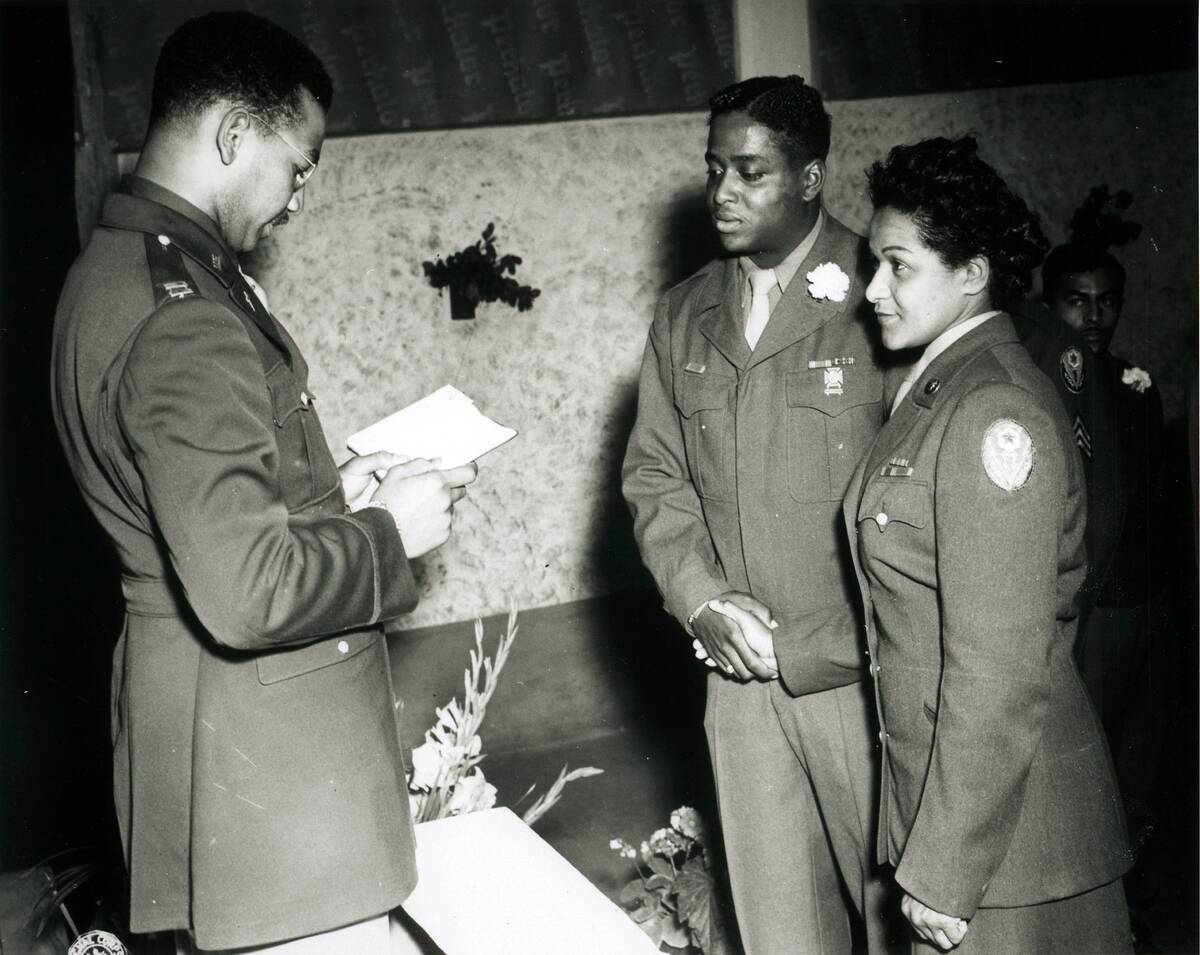
The 6888th Battalion was formed in 1944, marking a significant breakthrough as it was the first and only all-Black female battalion deployed overseas during the war. This trailblazing unit was created to address the massive backlog of undelivered mail in European theaters. Over 850 women volunteered, driven by a sense of duty and the desire to prove their capabilities. The formation of the 6888th challenged societal norms and set a precedent for future integration within the military.
A Look at the Women Who Made Up the 6888th
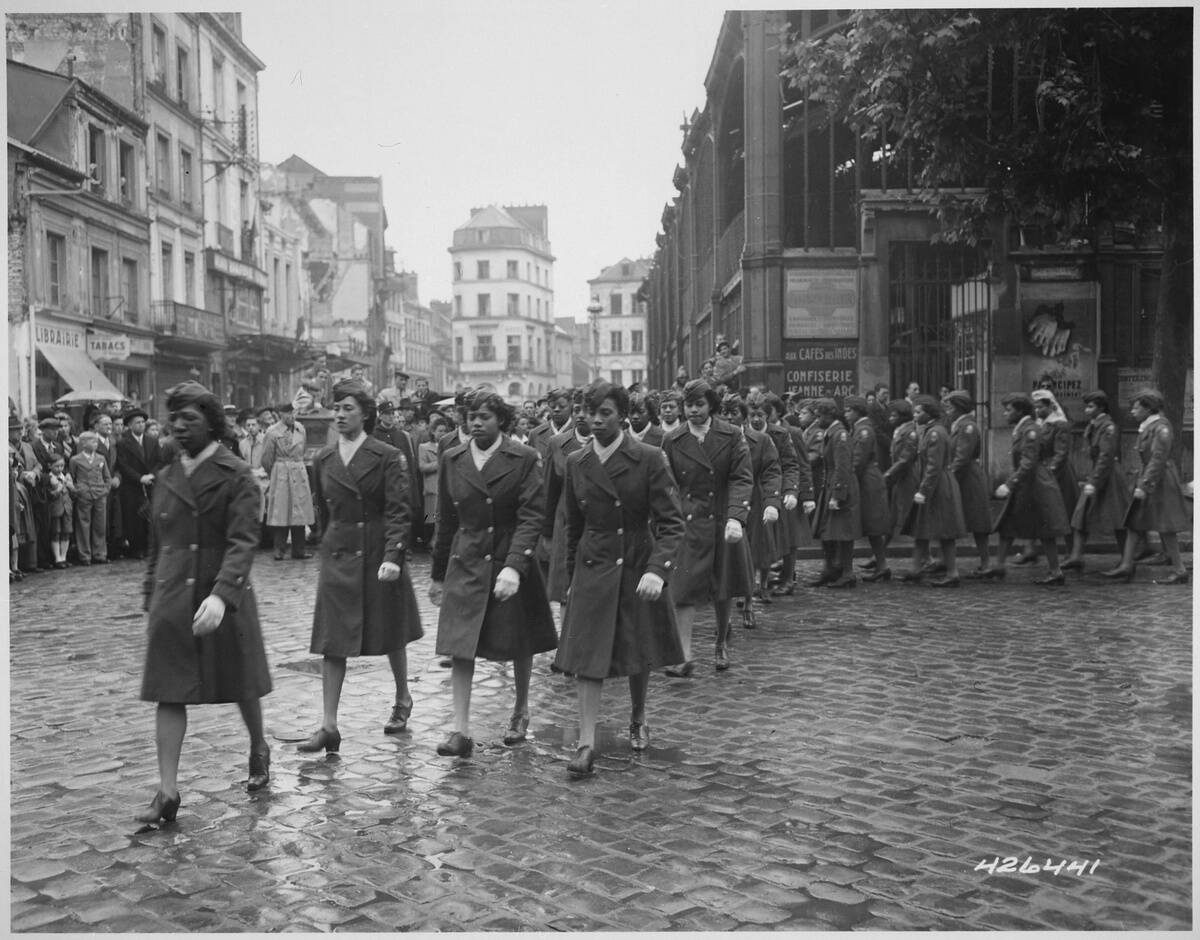
The women of the 6888th came from diverse backgrounds, united by their commitment to serve their country. Many were college-educated and had been involved in civil rights activities prior to joining the battalion. Their resilience and determination were evident in their ability to adapt to military life and the significant task ahead. These women not only challenged gender roles but also racial barriers, making them pioneers in both military and civil rights history.
The Mission: What the 6888th Was Tasked to Accomplish
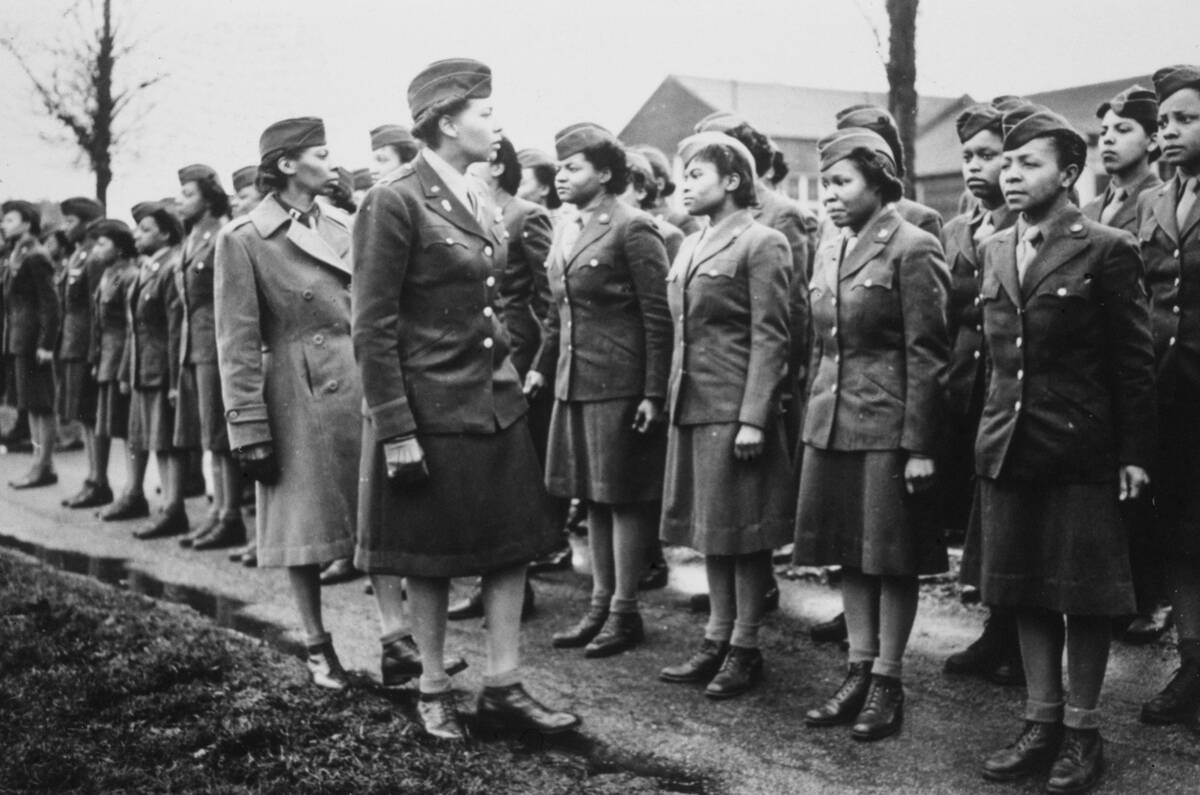
The primary mission of the 6888th was to sort and deliver the backlog of mail to American troops stationed in Europe. At its peak, the backlog consisted of over 17 million pieces of mail. The women worked tirelessly in shifts around the clock to ensure that letters and packages reached their intended recipients. Their efficient work was crucial in maintaining soldiers’ morale, as letters from home provided much-needed comfort and hope during the war.
Overcoming Challenges: The Battalion’s Journey Across the Atlantic
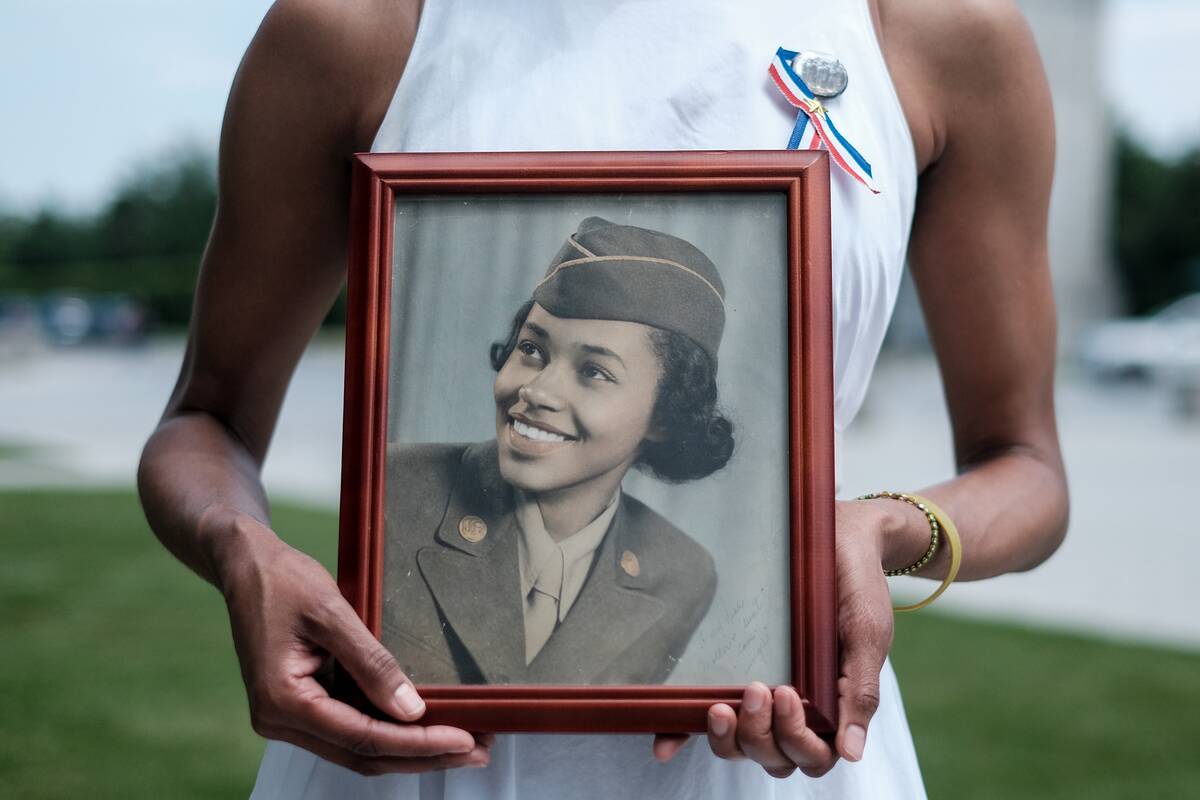
The journey of the 6888th across the Atlantic Ocean was fraught with challenges, from rough seas to the threat of enemy submarines. Despite these dangers, the battalion’s spirit remained unyielding. Upon arrival, they faced harsh winter conditions in Europe, yet their resolve was unwavering. The journey underscored the obstacles these women overcame not only in terms of logistics but also in breaking through barriers of race and gender at a time when such obstacles were formidable.
Setting Up Camp: Arrival and Conditions in Europe
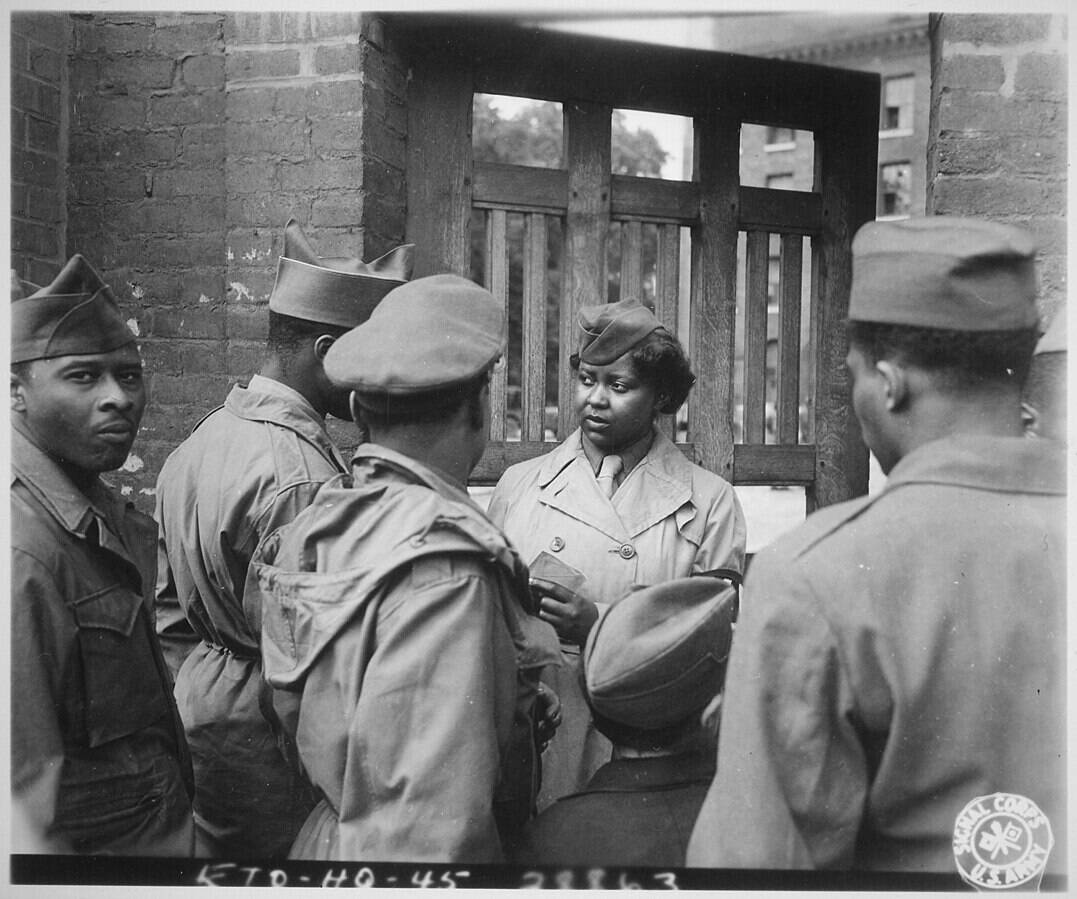
Upon arrival in England, the women of the 6888th set up operations in Birmingham. They were housed in unheated buildings, with cots for beds and limited supplies. The cold, damp climate was a stark contrast to what many had experienced back home, but they adapted quickly. Despite these harsh conditions, the battalion maintained high spirits and focused on their mission. Their ability to create a sense of community in challenging circumstances was a testament to their resilience.
Sorting the Mail: A Herculean Task with a Tight Deadline
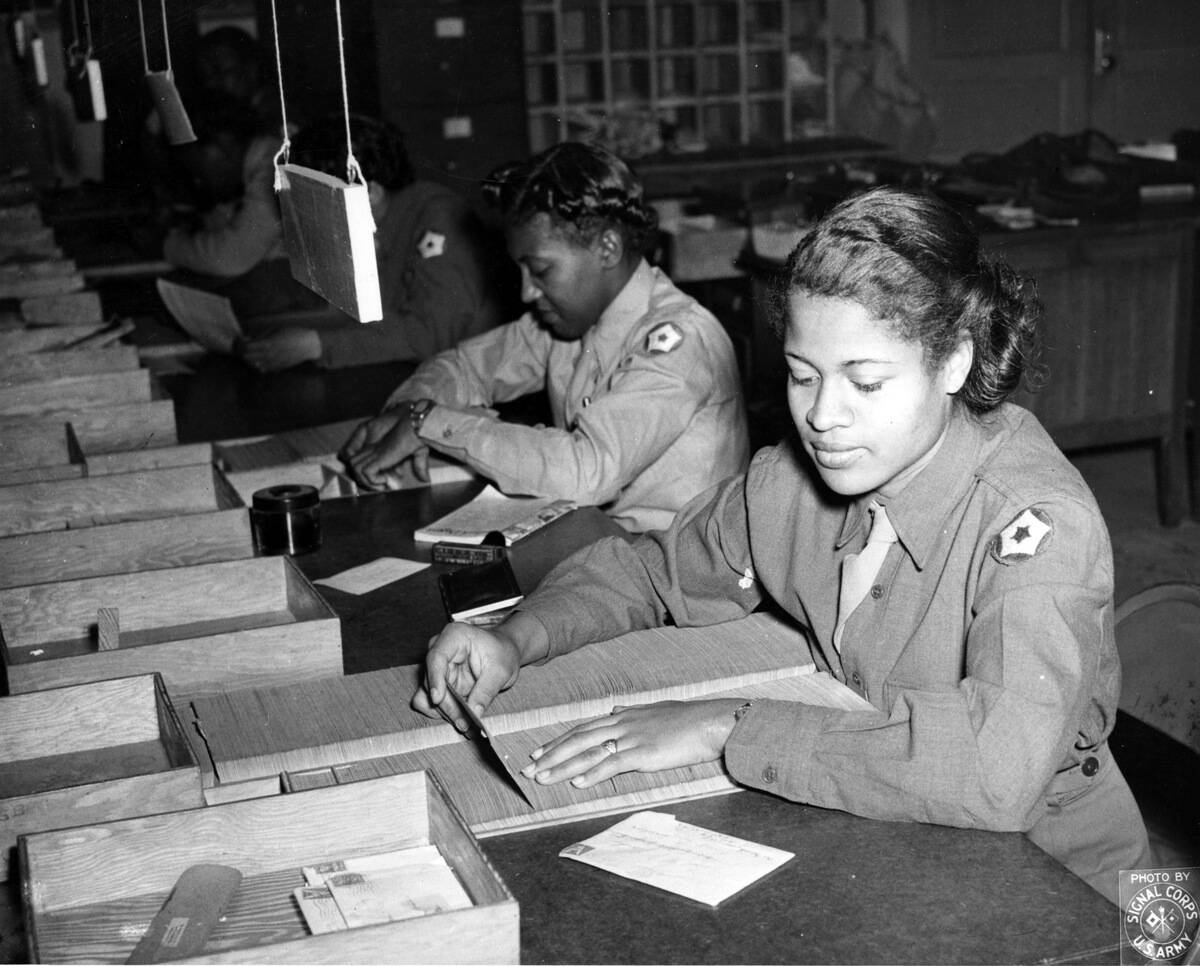
With a daunting backlog of mail and a tight deadline, the 6888th worked in three shifts, 24 hours a day. They developed an efficient system, managing to clear the backlog within six months, well ahead of schedule. This remarkable achievement was accomplished through sheer determination and teamwork. Their efforts ensured that soldiers received long-overdue letters and packages, boosting morale and providing a vital connection to home. The battalion’s work was both monumental and deeply personal for those they served.
The Role of Leadership: Key Figures in the 6888th Battalion
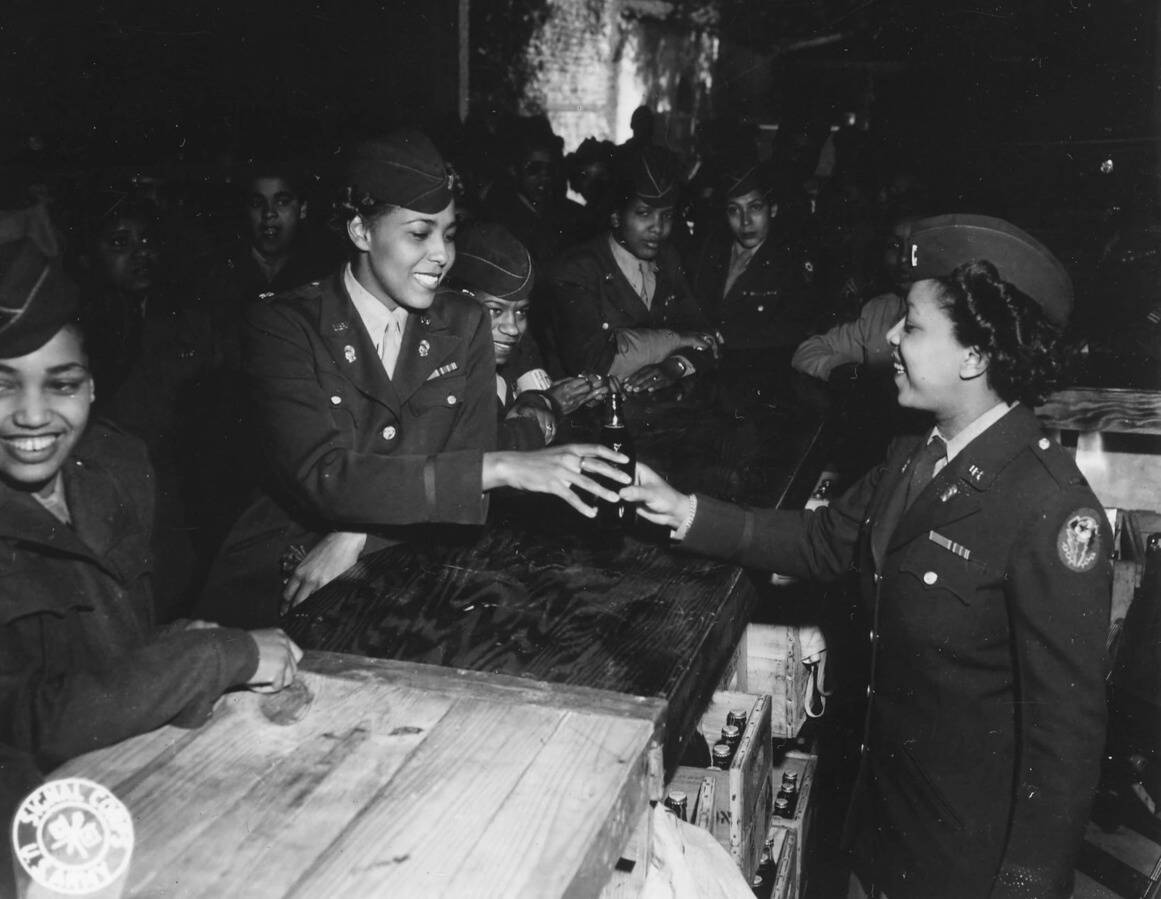
Leadership played a crucial role in the success of the 6888th, with Major Charity Adams, the first African American woman to be an officer in the Women’s Army Corps, at the helm. Her leadership style was both firm and empathetic, earning her the respect and loyalty of her troops. Under her guidance, the battalion maintained discipline and efficiency, overcoming numerous challenges. Major Adams and her leadership team were instrumental in shaping the battalion’s success and morale.
Facing Prejudice: Battling Discrimination and Stereotypes
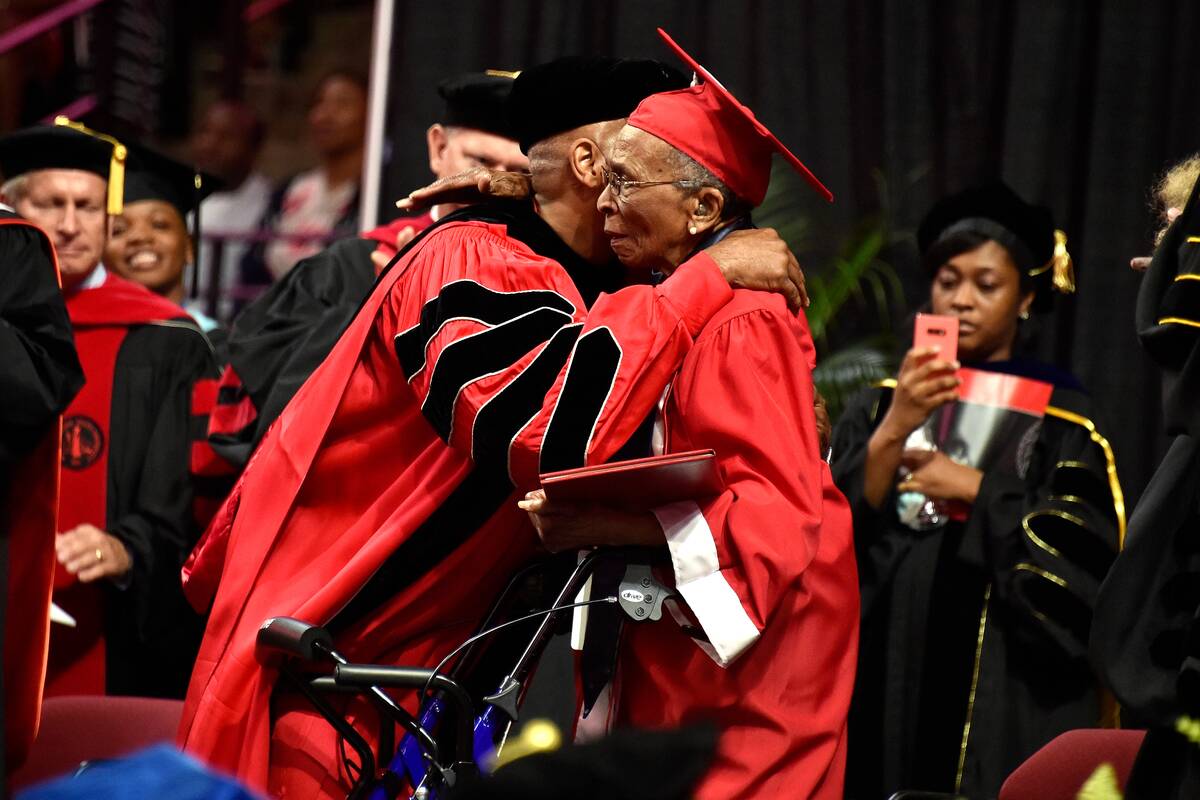
The women of the 6888th faced discrimination both as African Americans and as women in the military. They endured prejudice from both their peers and superiors, often being underestimated and marginalized. Despite these challenges, they remained focused on their mission and demonstrated their capabilities through their work. Their perseverance not only challenged existing stereotypes but also paved the way for future generations of women and minorities in the armed forces.
Life in the 6888th: Daily Routines and Camaraderie
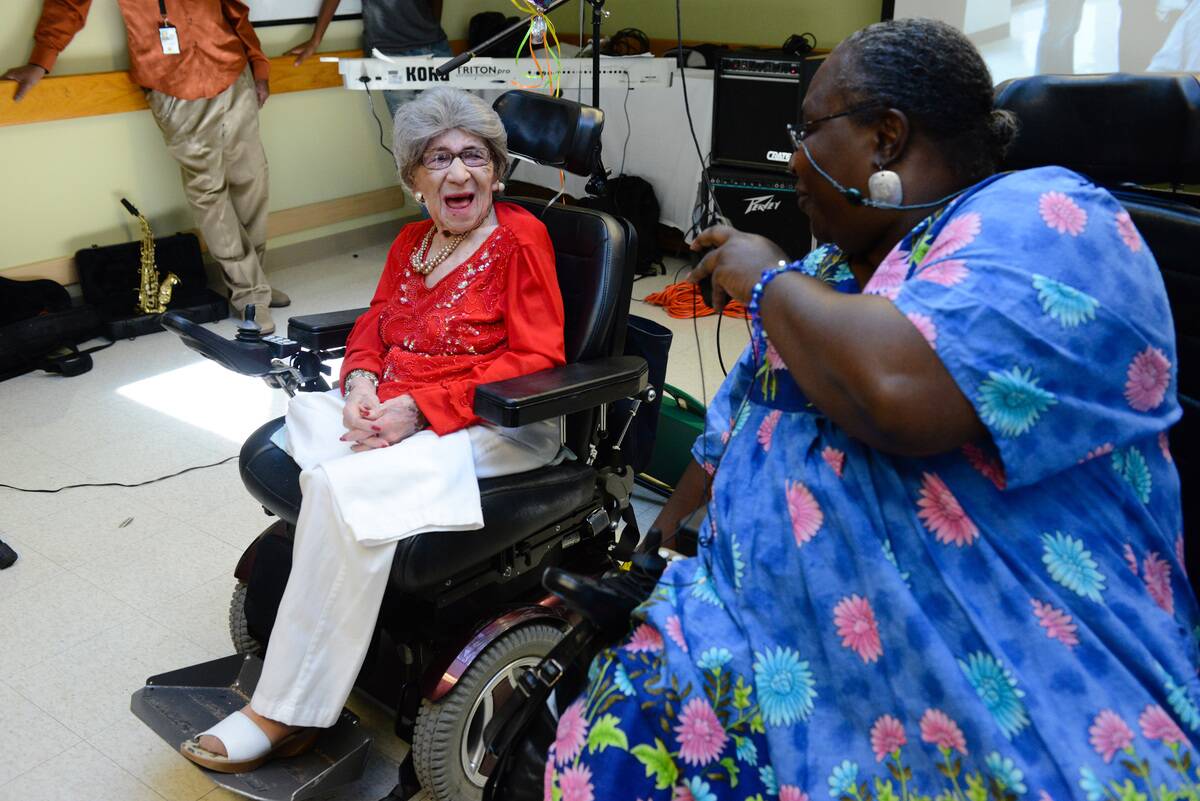
Daily life in the 6888th was rigorous, with long hours and demanding tasks. However, it was also filled with camaraderie and a strong sense of purpose. The women formed close bonds, supporting each other through the challenges they faced. They shared meals, stories, and laughter, creating a tight-knit community. This sense of unity was crucial in maintaining morale and motivation, allowing them to tackle their monumental task with determination and resolve.
The Impact of the 6888th on Military Efficiency and Morale
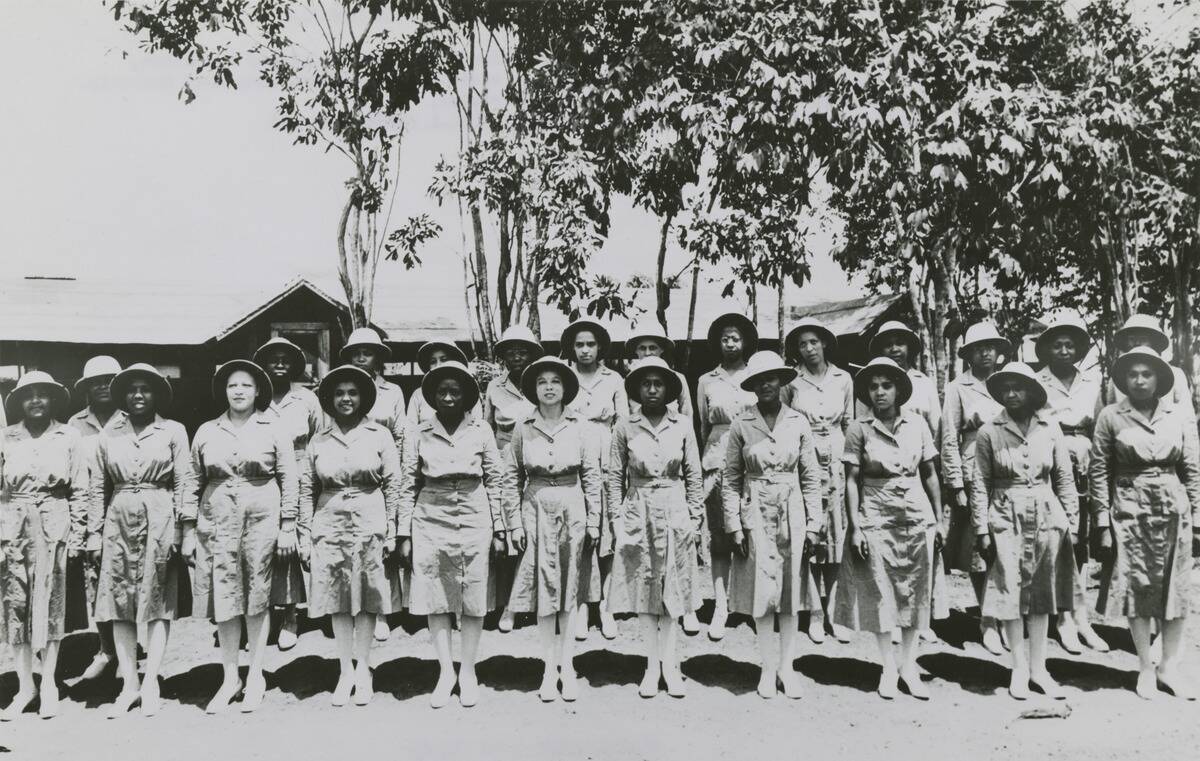
The work of the 6888th had a profound impact on military efficiency and morale. By clearing the mail backlog, they ensured that soldiers received timely communication from loved ones, which was essential for maintaining mental health and motivation. Their success demonstrated the effectiveness of diverse teams and challenged traditional military structures. The battalion’s contribution went beyond logistics, leaving a lasting impact on how the military viewed the role of women and African Americans in service.
Recognition and Awards: A Long-Awaited Acknowledgment
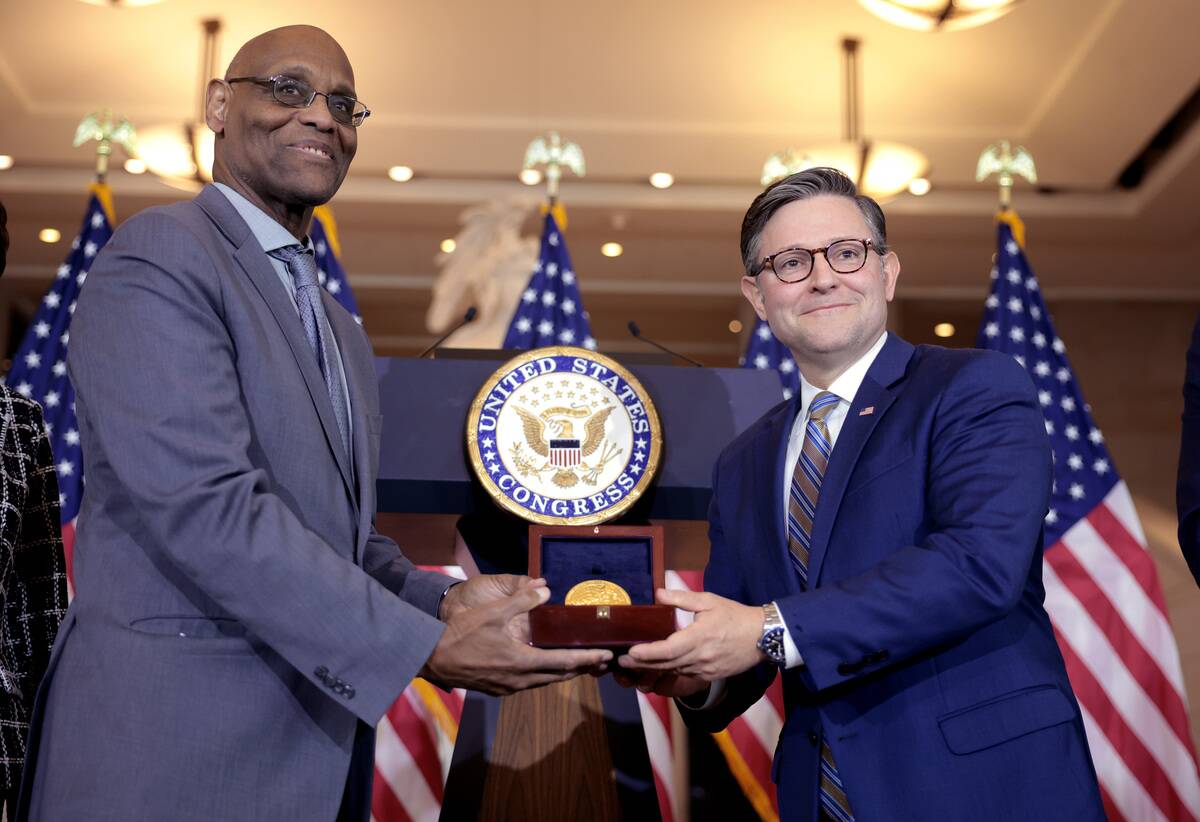
Despite their significant contributions, the women of the 6888th received little recognition for many years. It wasn’t until decades later that their efforts began to be formally acknowledged. In 2009, the battalion was honored with a monument at Fort Leavenworth, and in 2022, Congress awarded the unit the Congressional Gold Medal. These acknowledgments, though long overdue, serve as a testament to the battalion’s enduring legacy and the importance of recognizing their service.
The Legacy of the 6888th: Inspiring Future Generations
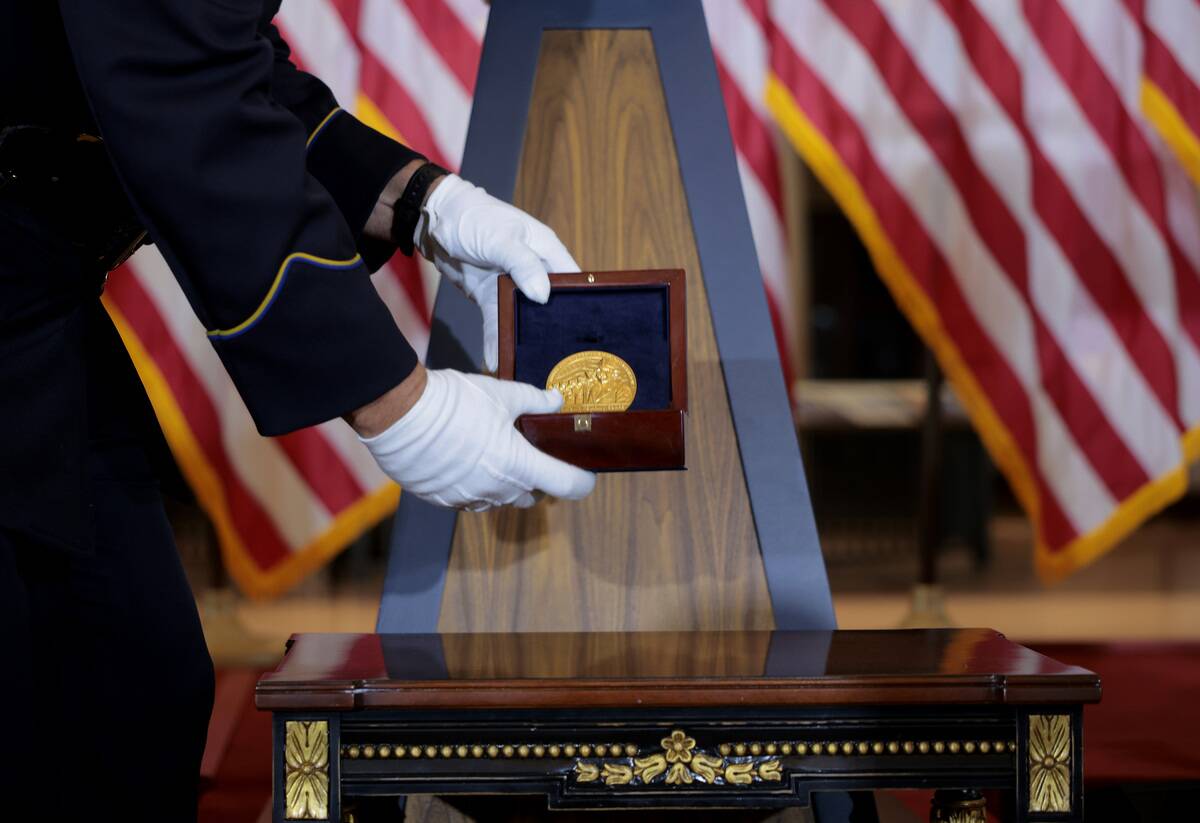
The legacy of the 6888th continues to inspire future generations of women and minorities in the military. Their story is a powerful reminder of the impact of perseverance, teamwork, and breaking down barriers. The battalion’s achievements have encouraged more inclusive policies and the recognition of diverse contributions within the armed forces. As role models, the women of the 6888th inspire others to pursue service and leadership roles, challenging stereotypes and advocating for equality and representation.
Stories from the Front: Personal Accounts from Battalion Members
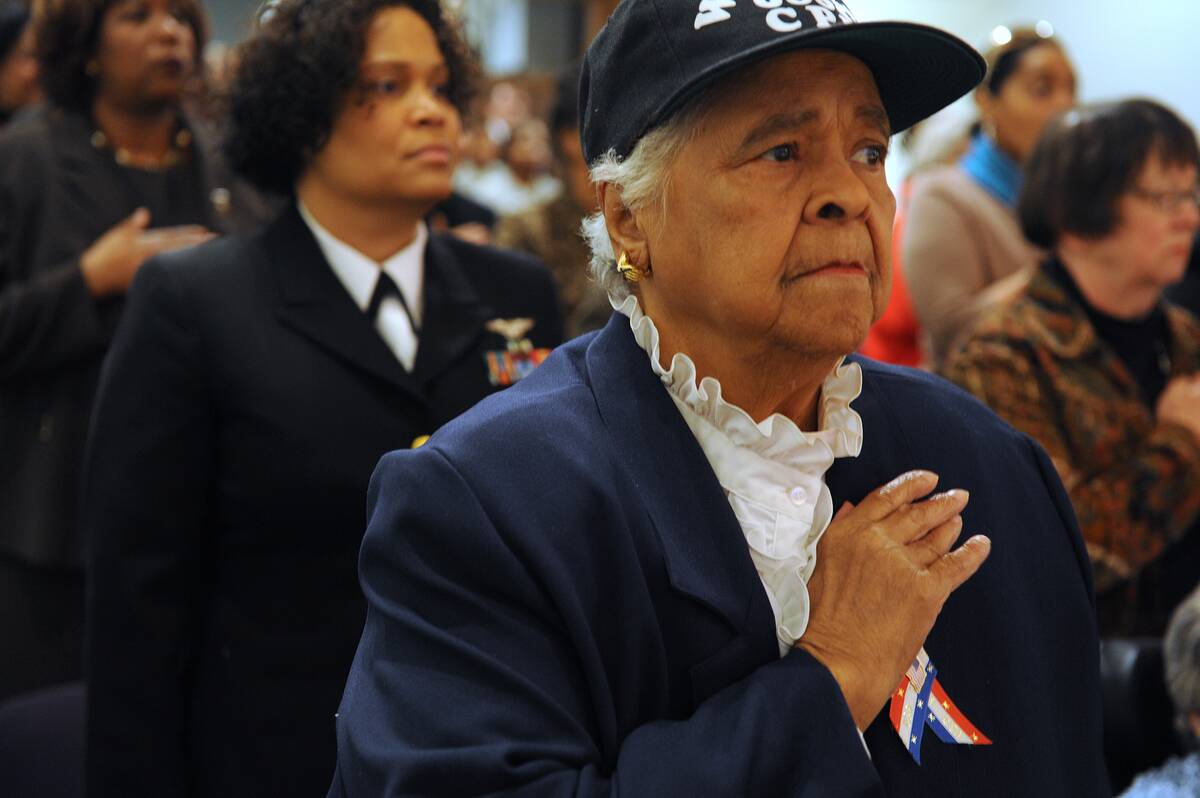
Personal accounts from members of the 6888th offer a glimpse into their experiences and challenges. Many spoke of the pride they felt in serving their country and the bonds they formed with fellow battalion members. These stories highlight the resilience and determination required to overcome adversity. They also provide valuable insights into the social dynamics of the time, offering a personal perspective on the battalion’s impact both during and after the war. These narratives are vital in preserving the history and legacy of the 6888th.
The 6888th in Popular Culture: Documentaries and Tributes

In recent years, the story of the 6888th has gained attention through documentaries and tributes, helping to bring their achievements to a wider audience. Films such as “The Six Triple Eight” capture the battalion’s perseverance and contributions, highlighting their legacy. These portrayals not only honor the women of the 6888th but also educate new generations about their role in history. By sharing their story, these works ensure that the battalion’s contributions are remembered and celebrated.
Remembering the 6888th: Memorials and Historic Sites
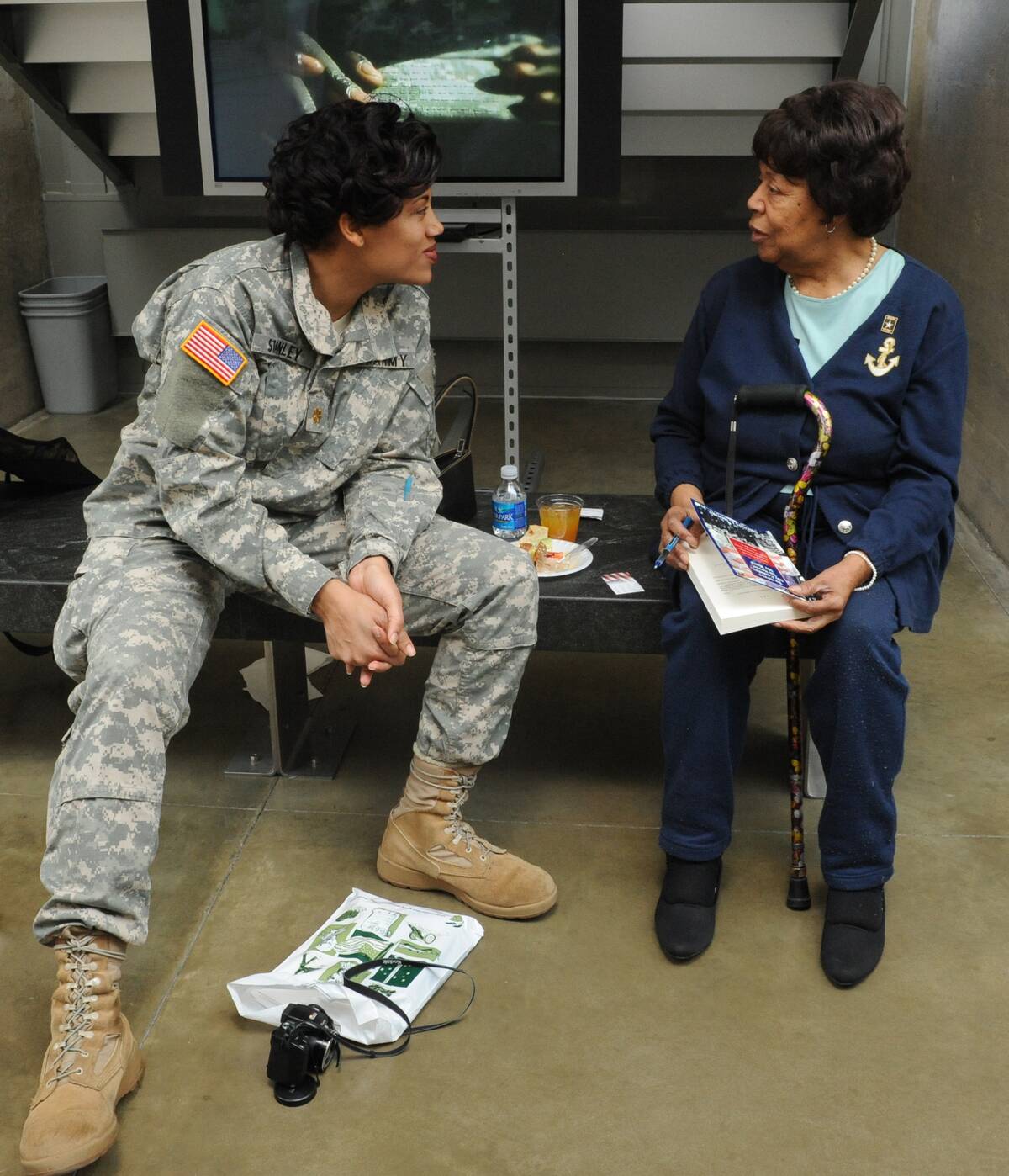
Memorials and historic sites dedicated to the 6888th serve as important reminders of their contributions and sacrifices. Fort Leavenworth’s monument and other memorials across the country honor the legacy of the battalion, providing a space for reflection and recognition. These sites play a crucial role in educating the public about the battalion’s impact and ensuring that their story is preserved for future generations. By visiting these sites, individuals can pay tribute to the women who paved the way for future service members.
Why the 6888th Battalion’s Story Matters Today

The story of the 6888th remains relevant today as it highlights themes of diversity, resilience, and breaking down barriers. Their legacy challenges us to continue advocating for equality and representation in all areas of society. The battalion’s achievements serve as a reminder of the importance of recognizing and valuing the contributions of all individuals, regardless of race or gender. By learning from their story, we can continue to build a more inclusive and equitable future, inspired by their example.



